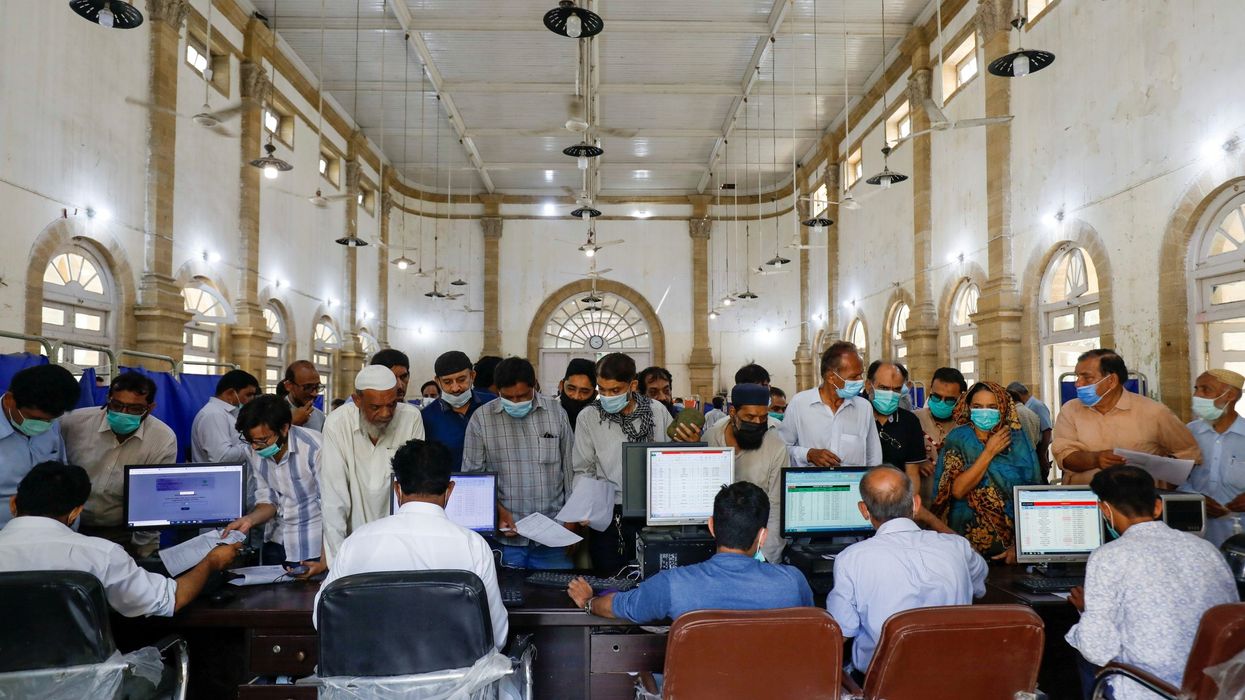By Pooja Shrivastava
Sindh Health Minister Dr Azra Fazal Pechuho has inaugurated Pakistan’s largest vaccine centre at Expo Centre Karachi on May 9, Sunday. An estimated 25,000 people can be inoculated in a day at the centre with round-the-clock services.
“We want to immunise a maximum number of people in the shortest possible time on the basis of availability of vaccines,” Dr Pecuho said at the opening, adding that NCOC has decided that around 70 million doses of COVID jab would be made available in the country in the current year.
The health minister also declared at the event that the Sindh government has conveyed to the federal government that it was ready to provide funds for procurement of jabs at agreed prices. She also added that the number of vaccination centres in Sindh is being increased besides improving the availability of the jabs.
The inaugural event of the mass vaccination centre was also attended by the Parliamentary Secretary for Health Qasim Siraj Soomro, Sindh Secretary for Health Dr Kazim Hussain Jatoe, representatives of National Command and Operations Centre (NCOC) among other officials.
The vaccination drive is set to start at the centre from May 16 under which persons below the age of 40 could also avail the facility. Covax, AstraZeneca, Sinopharm and CanSino vaccines will be used in Sindh.
“If there was any problem being faced in registration for COVID jab, come to the vaccination centre where staff would register the visiting person and administer the vaccine,” said the health minister.
Dr Sohail Sheikh of the Sindh health department, who is looking after the operation of the newly established vaccination centre, informed that about 100 cubicles are set up in line with all the required standard operating procedures (SOPs). He also added that the 500-strong workforce of the Sindh health department comprising doctors, physicians, healthcare workers and volunteers would be serving at the centre round the clock for speedy and swift services to all visitors. Officials are expecting that visitors would not spend more than 30 minutes for getting vaccinated.
Karachi has more than 25 vaccination centres where hundreds of registered people are receiving jabs against Covid-19 every day. Dr Pechuho stressed and appealed to the masses to get themselves vaccinated against the deadly disease at the earliest possible so that spread of the pandemic can be curtailed.




